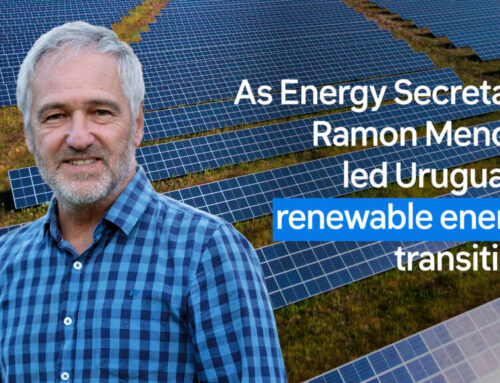Virginia Lawmakers Reject Governor’s Move To Limit Medical Marijuana Delivery, But Uphold
April 3, 2025
Virginia lawmakers have rejected Gov. Glenn Youngkin’s (R) proposed changes to a medical marijuana bill already passed by the legislature, sending the measure back to his desk.
In a separate vote, they adopted the governor’s proposed amendments to another bill that would seal records of past cannabis crimes.
Meanwhile, the legislature upheld Youngkin’s vetoes of legislation to legalize recreational marijuana sales, provide resentencing relief to people with cannabis convictions and protect the parental rights of consumers.
Late last month, after passage by lawmakers, Youngkin recommended an amendment to a bill altering rules for the state’s medical marijuana program. Specifically, he advised lawmakers to remove language that would allow marijuana to be delivered to places other than a patient’s private residence and to allow independent contractors to serve as delivery agents.
On Wednesday, however, the House of Representatives declined to make those changes to the bill—HB 1989, from Del. Alex Askew (D).
The unamended proposal now goes back to Youngkin’s desk, where he can choose to veto it or sign it into law.
The bill had strong support in both chambers, passing the Senate on a 30–10 vote and winning final approval in the House on an 84–14 margin.
Both legislative chambers on Wednesday separately adopted the governor’s requested changes to a proposal that would seal past criminal records around marijuana.
As passed by lawmakers, the legislation—passed as both HB 2723 and SB 1466—would extend a state-mandated expungement process set in 2021, giving local governments another 12 months to make required changes. The legislation would also require automatic record-sealing around non-conviction records in those cases, such as arrests or cases that are deferred or dismissed, and it would expand what records are eligible for expungement by petition.
Youngkin said in a message to lawmakers that he “approve[s] the general purpose of this bill” but returned it with recommended changes focusing primarily on pushing back implementation dates for various provisions by six months.
Both House and Senate lawmakers OK’d the governor’s changes to the respective bills.
Youngkin made the amendment recommendations at the same time he vetoed other cannabis-related measures, including efforts to resentence people serving time for cannabis offenses and protect the parental rights of those who legally use the drug. The governor also vetoed a plan that would have legalized retail marijuana sales in Virginia, as he did a year before.
Youngkin agued in a veto statement that the legislation “endangers Virginians’ health and safety.”
Efforts in the House and Senate to override the governor’s vetoes on those bills failed on Wednesday.
A separate piece of cannabis-related legislation will take effect without action from the governor: a House joint resolution to re-establish a commission of lawmakers who would study and oversee the state’s implementation of marijuana laws. It’s seen by some as an indication the legislature is intent on future action around cannabis.
HJ 497 will create a joint commission of lawmakers—six from the House, four from the Senate—to study the state’s cannabis system, oversee the implementation of marijuana laws and make recommendations about future legislative changes.
A similar commission previously existed in the commonwealth, but the law creating that body sunsetted last year, and the group disbanded.
Outside of cannabis, one substance-related measure that didn’t proceed to the governor’s desk this year was SB 1101, from Sen. Ghazala Hashmi (D). That proposal would have paved the way for psychedelic-assisted therapy for veterans by establishing an advisory council to study and make recommendations about treatments involving U.S. Food and Drug Administration (FDA)-designated “breakthrough therapies,” including substances such as psilocybin and MDMA.
While the bill was approved by the full Senate this session, a House panel unanimously voted to set it aside indefinitely.
Hashmi and supporters had said the bill would help curb what they described as a crisis in veteran’s mental health in Virginia, which has a comparatively high population of military veterans.
“One thing that we know is that veteran suicide remains a critical crisis point, with rates significantly higher among veterans than the civilian population. Given the fact that we have such a high veteran community here in Virginia, this legislation is especially necessary,” Hashmi said on the Senate floor.
The measure was an updated version of a similar proposal last year, SB 229, that also cleared the Senate but didn’t make it out of the House.
Photo courtesy of Chris Wallis // Side Pocket Images.
Search
RECENT PRESS RELEASES
Related Post





